Vitamin C (ascorbic acid) plays a role in methylation biochemistry by acting as an important antioxidant and a cofactor for enzymes involved in methylation reactions.
Vitamin C can help to reduce oxidative stress, which can cause DNA damage and inhibit methylation reactions. Additionally, Vitamin C is a cofactor for the enzyme dopamine beta-hydroxylase (DBH), which catalyzes the conversion of dopamine to norepinephrine, which is a neurotransmitter that plays a role in the regulation of mood, attention and other cognitive functions.
Vitamin C also helps to recycle tetrahydrofolate (THF) back to its active form, thus maintaining the balance of methylation cycle intermediates, this is important because THF is a cofactor for the enzyme methylene tetrahydrofolate reductase (MTHFR), which catalyzes the conversion of 5,10-methylene THF to 5-methyltetrahydrofolate, which is the active form of folate required for the methylation cycle.
References
- https://www.ncbi.nlm.nih.gov/pmc/articles/PMC7354546/
- https://www.ncbi.nlm.nih.gov/pmc/articles/PMC7163664/
- https://www.ncbi.nlm.nih.gov/pmc/articles/PMC6447777/
- https://www.ncbi.nlm.nih.gov/pmc/articles/PMC5579467/
- https://www.ncbi.nlm.nih.gov/pmc/articles/PMC7266847/







